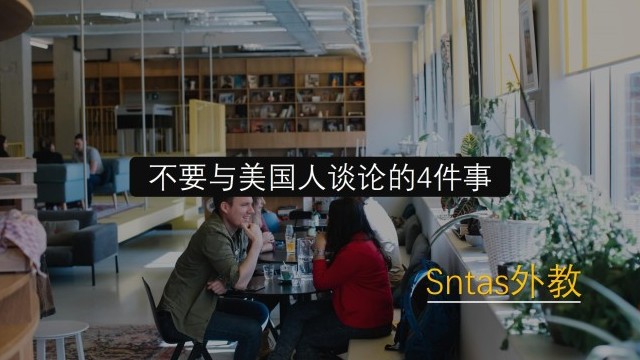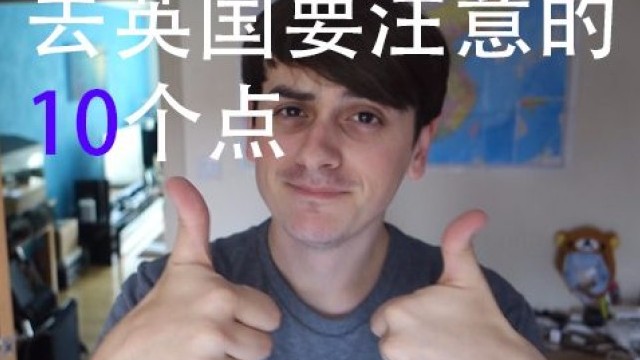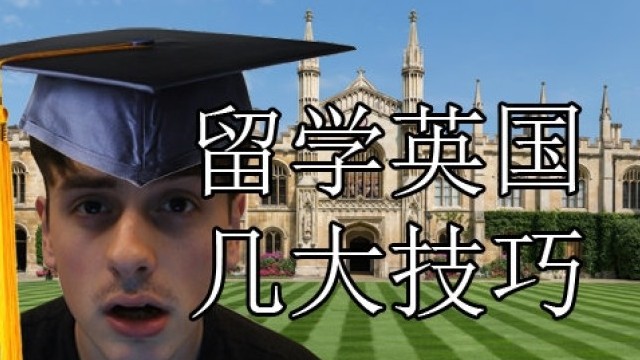【沪江网校公开课】你带外教闹元宵(附讲义)
Alison: Hey guys! It’s been a while since our last show! I’m excited to be chatting live with everyone again!
Sarah: Hey Alison, today is a very special day for all Chinese people. Do you know what the special occasion is?
Alison: Well I see a lot of red lanterns hanging everywhere, and my roommate brought home sweet tangyuan yesterday. I’m guessing they are part of the traditions.
Sarah: So you do know something about the 给字Lantern Festival. Actually it’s part of Chinese New Year. Would you like to get to know more about the traditions and customs of this festival, which lasts more than 2 weeks?
Alison: Definitely. I want to hear some good stories to tell my friends…and I’ll have more excuses to eat tangyuan.
Sarah: Glad to hear that. So today we will have songs and music for Chinese New Year, talk about Chinese New Year traditions and customs, learn some Chinese New Year vocabulary, share Chinese New Year stories, make New Year’s resolutions and also guess some lantern riddles. How does that sound?
Alison: Like a party.
Sarah: What about let’s first have a small quiz ---
Alison: Whoa whoa whoa – wait – a quiz? I thought you said this was a party!
Sarah: Don’t worry – even if you fail, you still get to eat tangyuan. Lets’s see how much you know about Chinese New Year. First question: When and why did Chinese people start to celebrate the Chinese New Year?
Alison: um…so they could eat more tangyuan? No – I have no idea! But I am guessing it has something to do with the end of winter, since it’s called “Spring Festival”.
Sarah: What do we do to prepare for the holiday?
Alison: Well everything in the shops is red and gold, so I’m guessing that everyone decorates their homes in preparation for all the guests and family coming to visit. Also, I noticed that a lot of the restaurants close during Spring Festival, so I’m guessing that families prepare food together at home.
Sarah: Which days are the most important ones of the 15-day holiday and what do we do on those days?
Alison: Well the firecrackers were loudest on New Year’s Eve and during those first five days, so I’m going to guess….’the first five days’.
Sarah: What songs and music do we play during the Chinese New Year?
Alison: Well when I’m in the shops, a lot of the songs have children singing in them – I’d like to know why that is!
Sarah: Well then let’s get down to business and talk about New Year’s songs and music first. So guys, here is a very good opportunity to recommend to Alison some great songs to sing during this holiday. If you can think of any, I suggest you jump on it. I guess if you don’t mind, you can sing for Alison and also every student who’s listening to this program.
(其实说到新年歌曲呢,大家耳边一定已经响起了那些欢快喜庆的旋律,那一首首耳熟能详的歌曲陪伴我们度过了无数个欢乐的春节。有句话说得好:独乐乐不如众乐了,赶快抢麦跟大家分享你所熟悉的新年歌曲,也让我们的外教Alison对中国文化有更多的了解吧。)
Sarah:刚才听了那么多同学的演唱,不知道Alison听明白了多少,我们来问问她吧。So Alison, what do you think about the songs you just heard?
Alison: Fantastic! Where do Chinese people learn to sing so well? My friends back home would never be brave enough to sing on a radio show! Thank you!
Sarah: Do you know what the songs are about? I mean how much do you understand the lyrics?
Alison: To be honest, I have no idea. The songs are all so fast!
Sarah: What about we take a look at the lyrics of one of the songs?
正月初一头一天家家户户过新年
It’s the first day of the first month. Every family is celebrating the New Year.
大街小巷悬灯彩炮竹响连天
Lanterns hang in every street, firecrackers are loud.
七个隆咚锵咚锵炮竹响连天
小妹过年真高兴换上新鞋穿新衫
Girls are happy to put on new shoes and clothes.
从头到脚打扮好上街去拜年
They dress up to pay New Year calls.
七个隆咚锵咚锵上街去拜年
Sarah: There are some New Year’s customs in the lyrics. Alison, do you know what they are?
Alison: Let me guess…New Year celebrations must include lanterns, firecrackers, visiting friends and relatives, and shopping!
Sarah: Exactly! Wow, you know a lot about the Chinese New Year! I’m impressed! But you know what? Actually in Shanghai, usually we don’t go out to visit relatives until the second day of the new year. We spend time with our families on the first day, which is different from what the lyrics say.
Alison: Well I know that people in different parts of China have different customs. So I’m really curious to know how people not living in Shanghai celebrate it. What about you, Sarah?
Sarah: Me too.
Alison: So students, if you’re from places other than Shanghai, please stell us about the customs in your hometowns!
Alison: Wow. That was fascinating. Now let’s play a vocabulary game. Actually, we’ve already mentioned the answers to most of the questions earlier in the show, so this shouldn’t be too hard for everyone.
Sarah: Cool! This will be a fun way to review the vocabulary we’ve learned.
Sarah – do I read the definition and have them guess the word? Ya, read the definition and have them guess the word. I guess we could be more spontaneous in this part. I mean maybe we don’t need a script to play this game, right?
(词汇解释见第一页>>)
Alison: Wow. You guys are really good at this.
Sarah: Yeah. So smart. Was it also a bit intense? How about we listen to another song to relax a little bit?
Alison: Yes! I want to see if I can understand some of the words this time.
Sarah: Since today is Lantern Festival. I would like to share with you guys a song related to this special day.
Alison: What is is called? Who sings it?
Sarah: I’d rather not tell right now. Guys you listen to it first. And then I would like you to tell Alison about this song.
Sarah: Ok. Who knows the name/title of this song? I bet you know that the song is by a famous female singer and that the lyrics is a poem by a very famous poet in ancient China. So after we’ve played this song, tell us the answers if you know.
生查子•元夕
去年元夜时,花市灯如昼。
月上柳梢头,人约黄昏后。
今年元夜时,月与灯依旧。
不见去年人,泪湿春衫袖。
Last year on this moonlit spring night,
Lanterns in Flower Fair were bright.
The moon rose above the willow tree,
At dusk he had a tryst with me.
This year on the same moonlit night,
The moon and lanterns are as bright.
Where is my beloved of last year?
My sleeves are wet with tear on tear.











